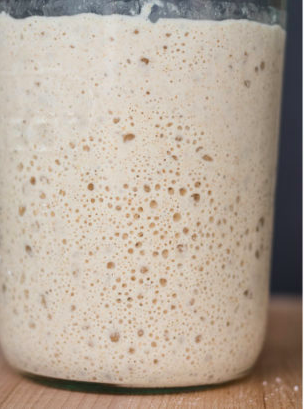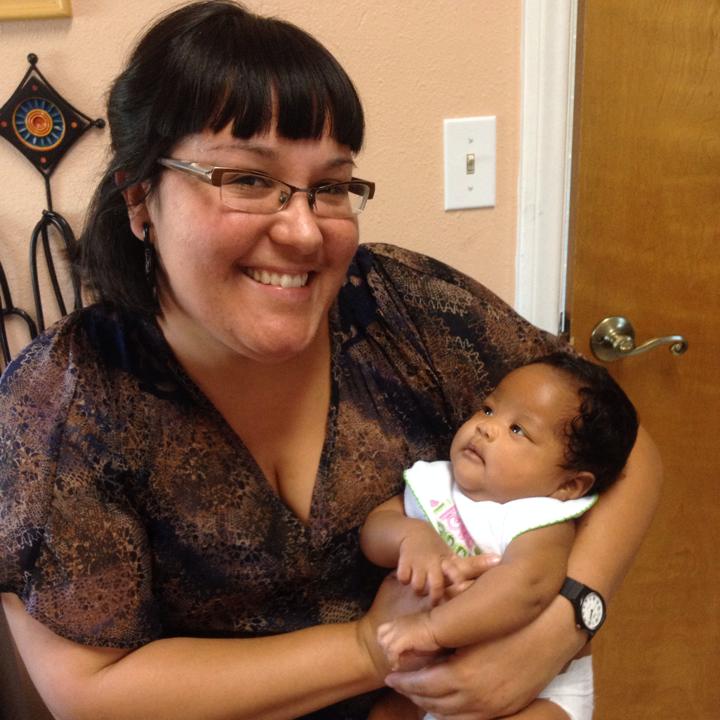|
So let's talk sourdough bread and how to begin the process. I love me a yummy crusty sourdough slice slathered with rich butter and so I decided a few months back to create my own starter and start baking it myself! So far it has been full of trial and error, but so goes the DIY struggle I suppose (and part of the fun). I would say that each loaf has been better then the last but I still am searching for the perfect loaf/perfect starter.
I love all things fermented and this is partly because I know how important gut health is to ones overall health. Probiotics are especially important during pregnancy as quality probiotics:
I have been in a fermentation frenzy this past month and wanted to share a little about it. I started my own kombucha S.C.O.B.Y from one store bought bottle, made sauerkraut, and have continued my sourdough bread journey :) All of these fermented foods increase the probiotics in your system and are so very essential in any pregnant mamas daily regimen especially when they are home made and fresh. Lets start with the sourdough starter: I loved the idea that I could create my own sourdough starter from just 2 simple ingredients: flour and water. The rest is the magic of natural bacteria in the air, how cool is that! There was so many options and ways to go about beginning the sourdough starter I finally chose to follow this recipe: www.culturesforhealth.com/learn/sourdough/how-to-obtain-sourdough-starter/ Here's what you need: Mason jar or any glass jar, pyrex spatula, measuring cups, rye flour & all purpose flour (or any flour you choose, I chose rye because it is a hardier flour and is less easy to mess up), and filtered room temperature water. SOURDOUGH STARTER RECIPE
Overall, consuming probiotics is a benefit to your health and the health of your baby, however you can get them. I personally think getting them from home made sources is the best way so I will continue to write about the different methods of fermenting here on my blog, for your viewing pleasures...
1 Comment
|
Author:
|
Proudly powered by Weebly



 RSS Feed
RSS Feed